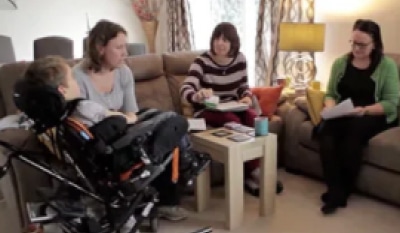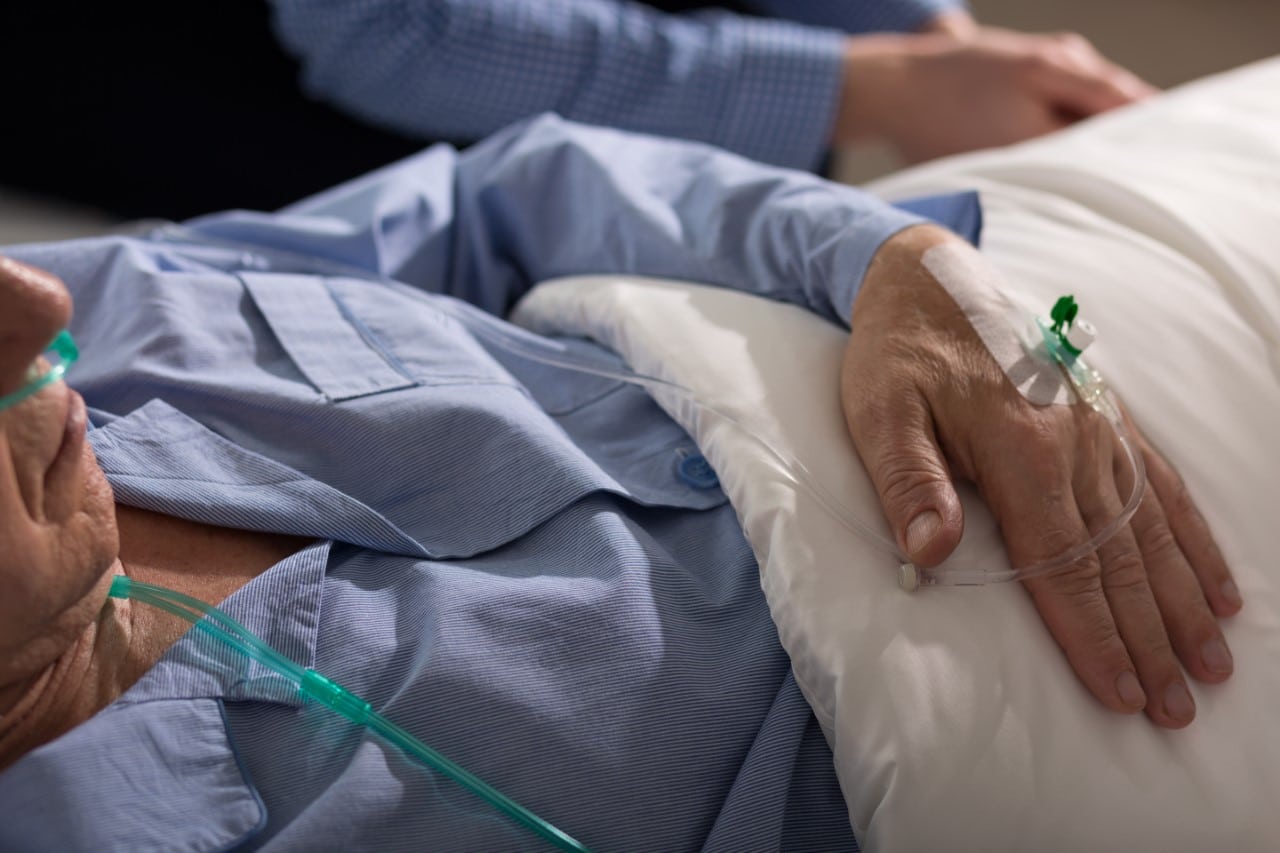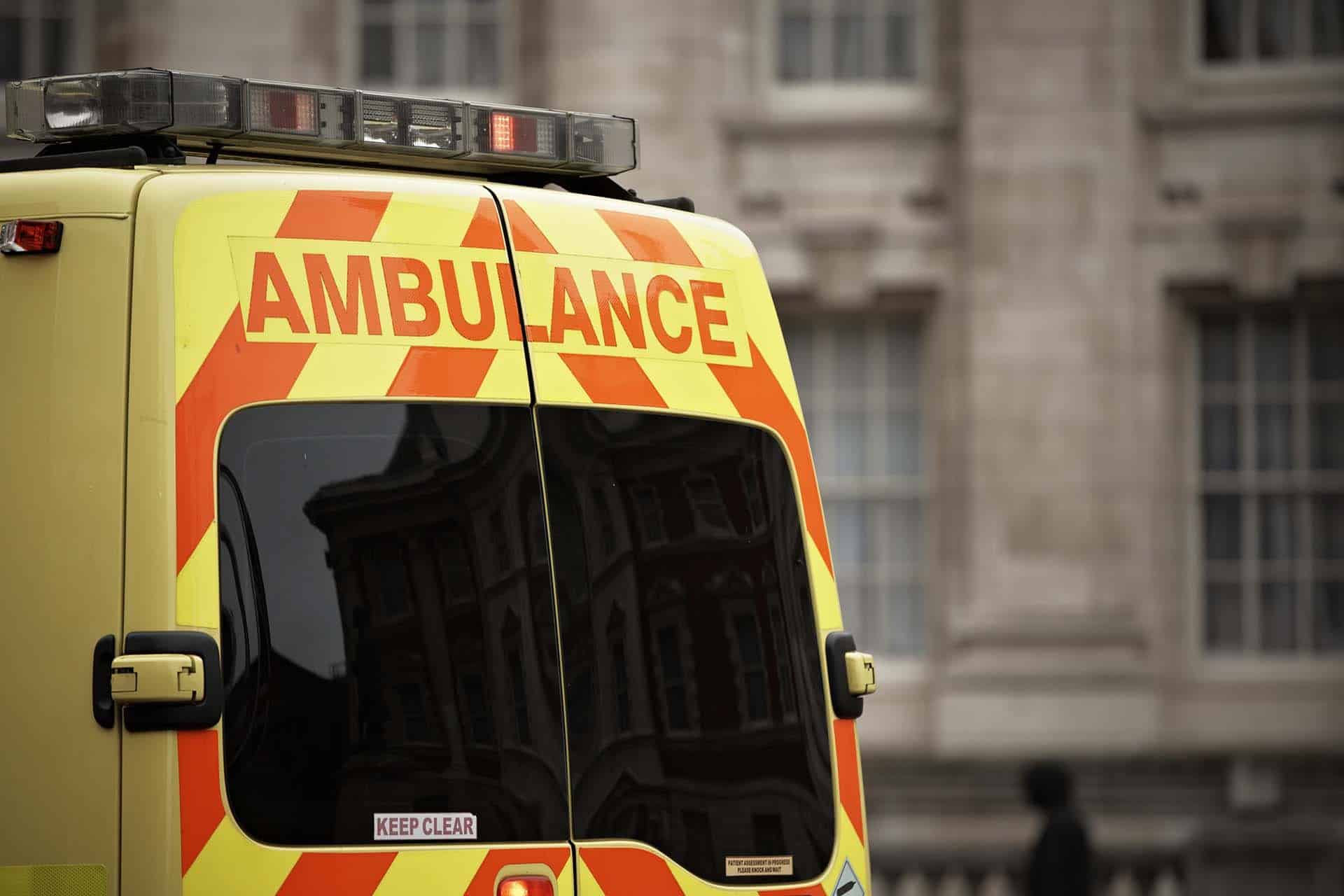
NHS Medical Negligence Statistics Hub
- No win, no fee
- Not just lawyers - real specialists
- No obligation
- UK's highest-rated medical negligence solicitors
NHS Negligence Claims Statistics
The NHS has been a valued institution in the UK since 1948. Today around 1 million people will use GP services each day, and nearly 45,000 people will attend an A&E department. Despite the fact that the NHS remains one the safest and well renowned healthcare systems, with so many people accessing the service, it is sadly inevitable that errors will happen resulting in negligence claims being put forward.
The medical negligence bill of settled claims for the NHS now sits at over £2 billion per year, with NHS legal costs making up over £150 million of this total. NHS negligence claims are therefore still very much prominent today.
We have compiled key statistics surrounding medical negligence in the NHS from trusted sources and from the NHS reports themselves. The more that we understand about medical negligence within the NHS, the better chance we have of reducing the amount of errors that can arise and help us to further support our National Health Service. So it is crucial to be aware of the facts.
Find out if you
have a claim
Take the 10-second claim test Free advice
03300 080 352 Fill in our
claim form
We're the highest-rated No Win No Fee medical negligence solicitors on Trustpilot
NHS Negligence Figures Then and Now
Data from the NHS Resolution report reveals that the ‘cost of harm,’ now referred to as the Clinical Negligence Scheme for Trusts (CNST) cost of claims arising from incidents, throughout 2021/2022, is estimated at £13.3 billion. 60% of this figure is made up by claims related to maternity negligence.
The cost of settled negligence claims in 2021/22 sits at a reported £2.4 billion which has increased from the previous years data where, in 2020/21, this figure sat at £2.2 billion. Also, since 2006/2007, the cost of medical negligence cases for the NHS has increased significantly. In 2007/2008, the total cost was £582 million overall.
Due to these rising figures, the UK Government has set out to put a cap on legal costs pertaining to medical negligence cases. They plan to achieve this by creating a more streamlined system for lower value clinical negligence cases, ensuring that legal fees are proportionate and that the process is as efficient as possible. This could save the Government £500 million in legal fees.
Court Proceedings and NHS Negligence
The NHS have reported that, in 2021/22, 77% of claims were settled without court proceedings. This has gradually increased over the past few years, with 74.7% of claims settled without formal proceedings in 2020/21 and 71.5% in 2019/20 showing a continued effort to settle claims without the involvement of a court.
Claim Type Statistics
According to the latest NHS Resolution report (2021/2022), the top three claim types making up the highest volume of clinical negligence claims from the hospital scheme included: obstetrics claims, emergency medicine and orthopaedic surgery. Their percentages can be seen below:
- Obstetrics Claims (12% of overall volume)
- Emergency Medicine Claims (12% of overall volume)
- Orthopaedic Surgery Claims (12% of overall volume)
Of the three claim types, obstetrics claims also cost the NHS the highest amount, with 62% of the annual cost being driven by these claims.
Maternity-related Claims
In 2021/22, maternity-related claims made up the largest proportion of the overall cost of harm. This is an area that has been highlighted by the governing bodies within the NHS and has been addressed by the Resolution who have included maternity claims as a core focus to improve on in their three-year strategy.
Failure To Diagnose or Wrong Diagnosis Statistics
The NHS also recently released data surrounding the most common injuries occurring from a failure to diagnose or a delayed diagnosis that resulted in a payout. The data concludes that the most common primary injury was unnecessary pain with 976 claims and the most costly injury was fatality with a total of £59,571,839 in damages paid and £7,556,495 NHS legal costs.
Source: NHS Resolution
Settled Claims
There was a reported increase in the volume of clinical negligence claims and incidents reported throughout 2021/22 with this increasing to 15,078 claims
Of the 16,484 settled clinical and non-clinical claims in 2021/22, 48.6% of these settled without damages paid. These settled claims include: claims that have been agreed upon and have ongoing payments being made and also claims where damages have been agreed or denied but costs have not yet been confirmed. In 2020/21, there were 15,674 settled claims of a similar nature so this has increased from the last reporting period.
Low Value vs High Value Claims
A low value claim is considered to be a claim between £1,001 and £25,000. This is where the majority of medical negligence claims will sit.
The highest value cases are worth millions of pounds. One of the largest medical negligence payouts recorded was £37 million after failures in maternity care led to severe disabilities and the child needing round the clock care.
As you can see from the table below, in 2006/2007 there were 2189 cases awarded a low value settlement. This rose to 3855 in the period from 2021/2022. Cases reaching upwards of £3.5 million have increased nearly eight fold, with 42 recorded cases in 2006/2007 and 364 in 2021/2022.
| Notification Year | ||
| Damages value band | 2006/07 | 2021/22 |
| Nil | 683 | 1,941 |
| £1-£1,000 | 106 | 145 |
| £1,001-£25,000 | 2,189 | 3,855 |
| £25,001-£50,000 | 905 | 3,709 |
| £50,001-£100,000 | 556 | 2,070 |
| £100,001-£250,000 | 511 | 1,692 |
| £250,001-£500,000 | 184 | 658 |
| £500,001-£1,000,000 | 72 | 402 |
| £1,000,001-£2,000,000 | 54 | 168 |
| £2,000,001-£3,499,999 | 124 | 74 |
| £3,500,000+ | 42 | 364 |
| Total | 5,426 | 15,078 |
The above list of figures and statistics aims to demonstrate the current and previous position of NHS Negligence claims including costs, volume and types. All information can be found on the NHS Resolution, including their current and previous reports.
Meet our medical negligence team
Peter Rigby
Director of Medical Negligence
Christian Beadell
Partner, Head of Strategy and Legal Operations
Francesca Paul
Associate Solicitor
Sion Wynne
Senior Solicitor
Case Study
Sarah's Story
"Now we have peace of mind"
My husband, Nick, went back and forth to the doctors for a long time and tried everything the doctor recommended. But his illness got worse, to the point that he was in agony.
In the end we got so desperate that we asked for a referral. The doctor was reluctant, so we had to consult a private hospital. That’s when we found out there was a tumour. It took years from the onset of his illness to finally start cancer treatment.


He used to be a man with a lot to live for, but in the end he was in so much pain that he withdrew from the family. He became angry that nobody had helped him sooner, and the legal team were able to give him the validation that he was desperately seeking. The NHS confirmed if they had done more, Nick would still be alive today.








